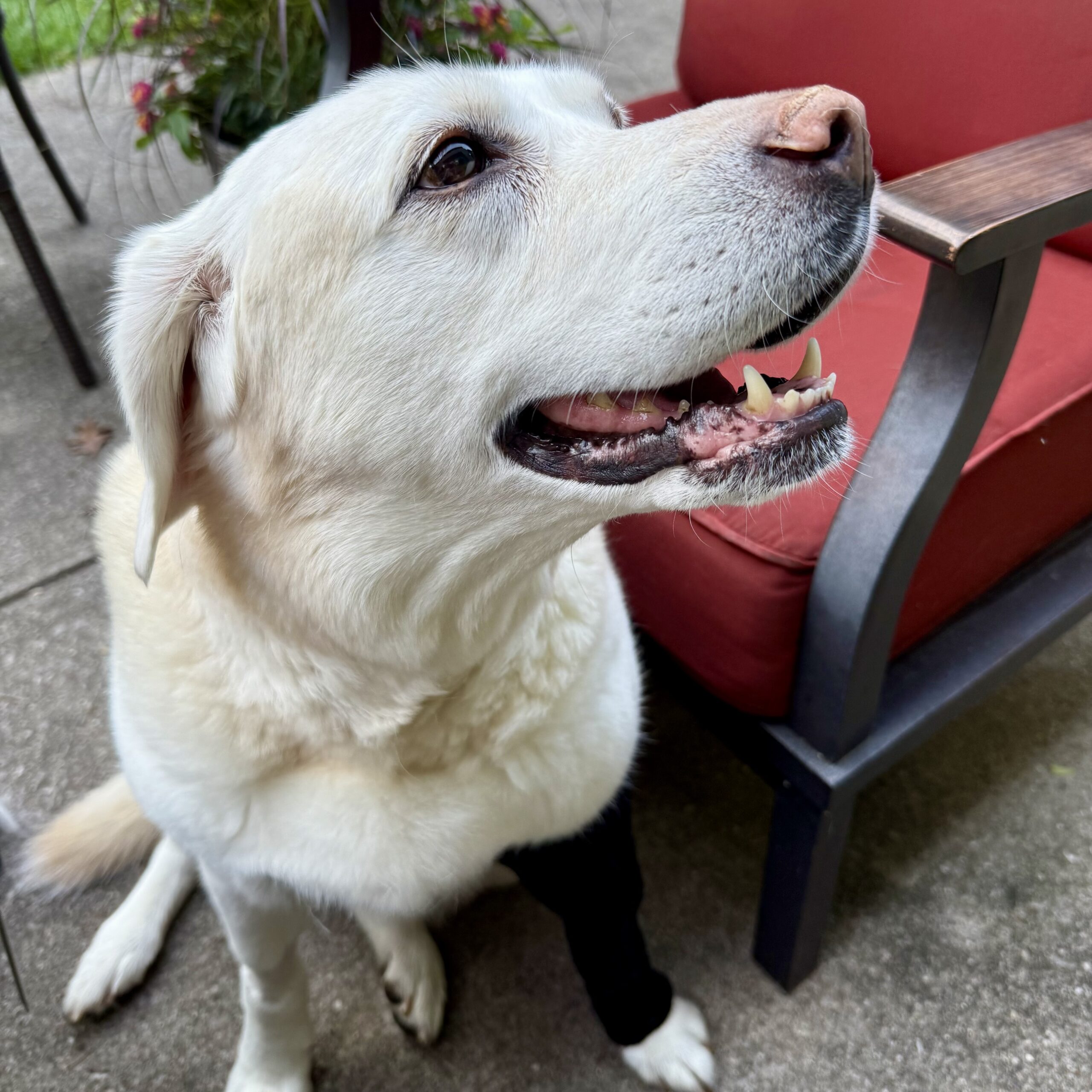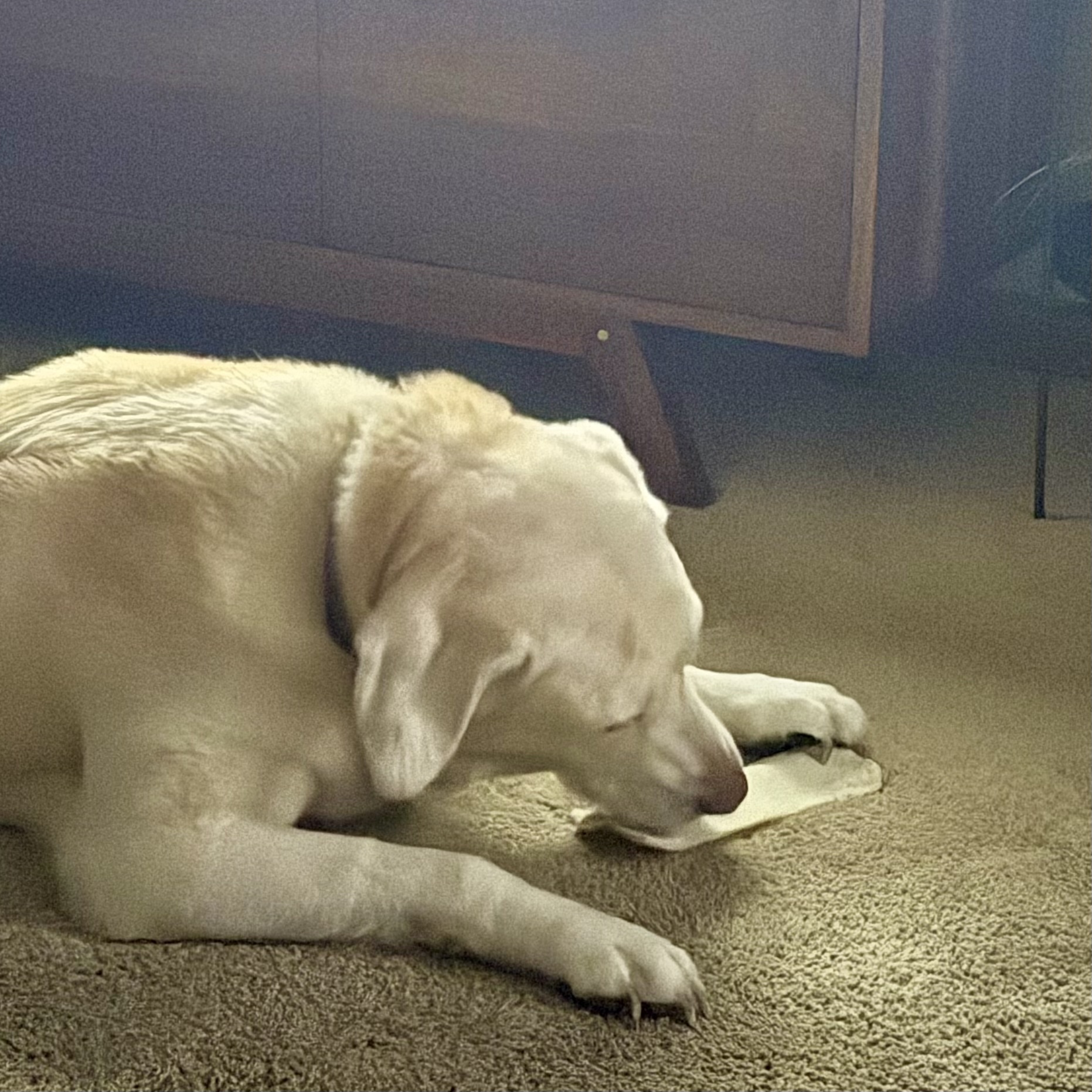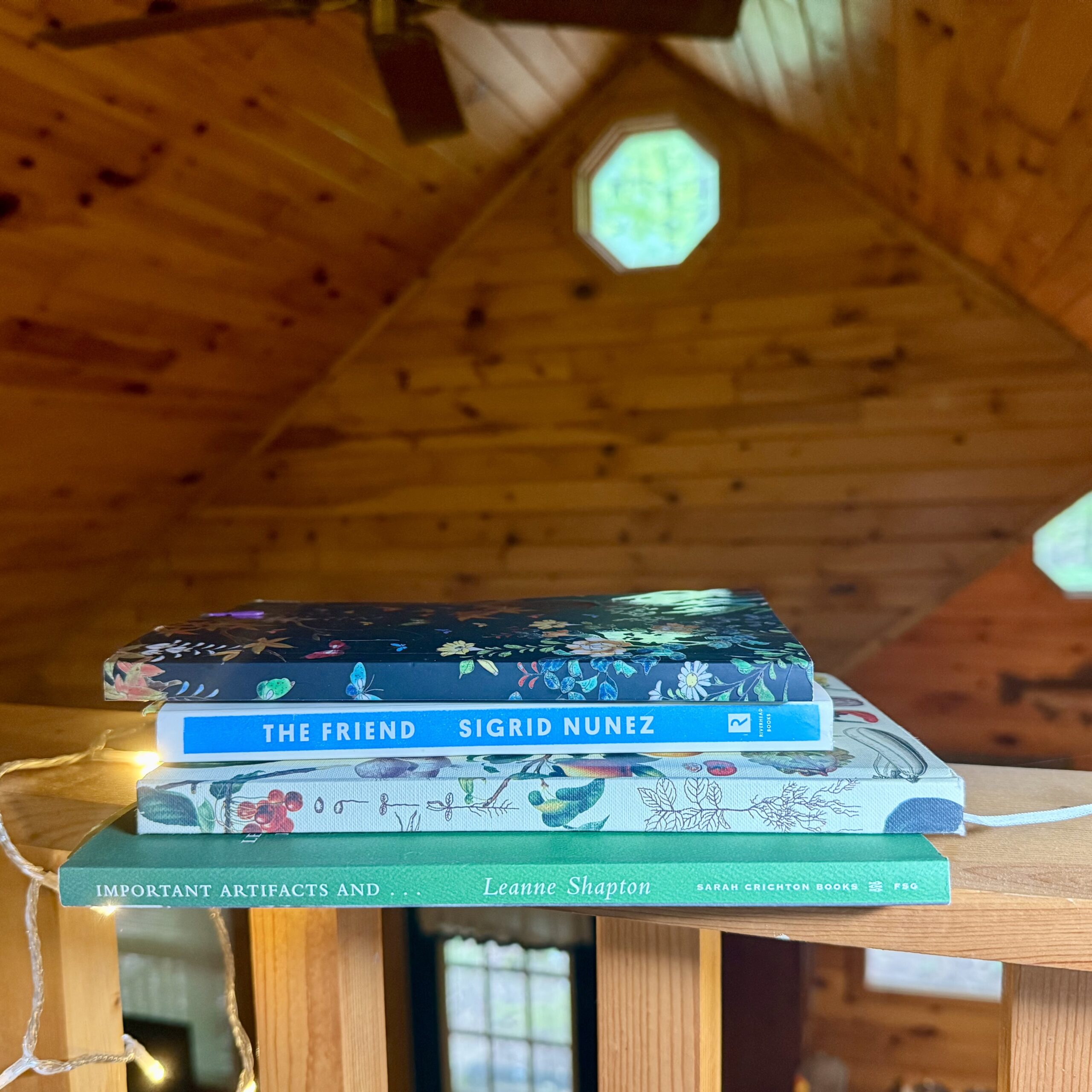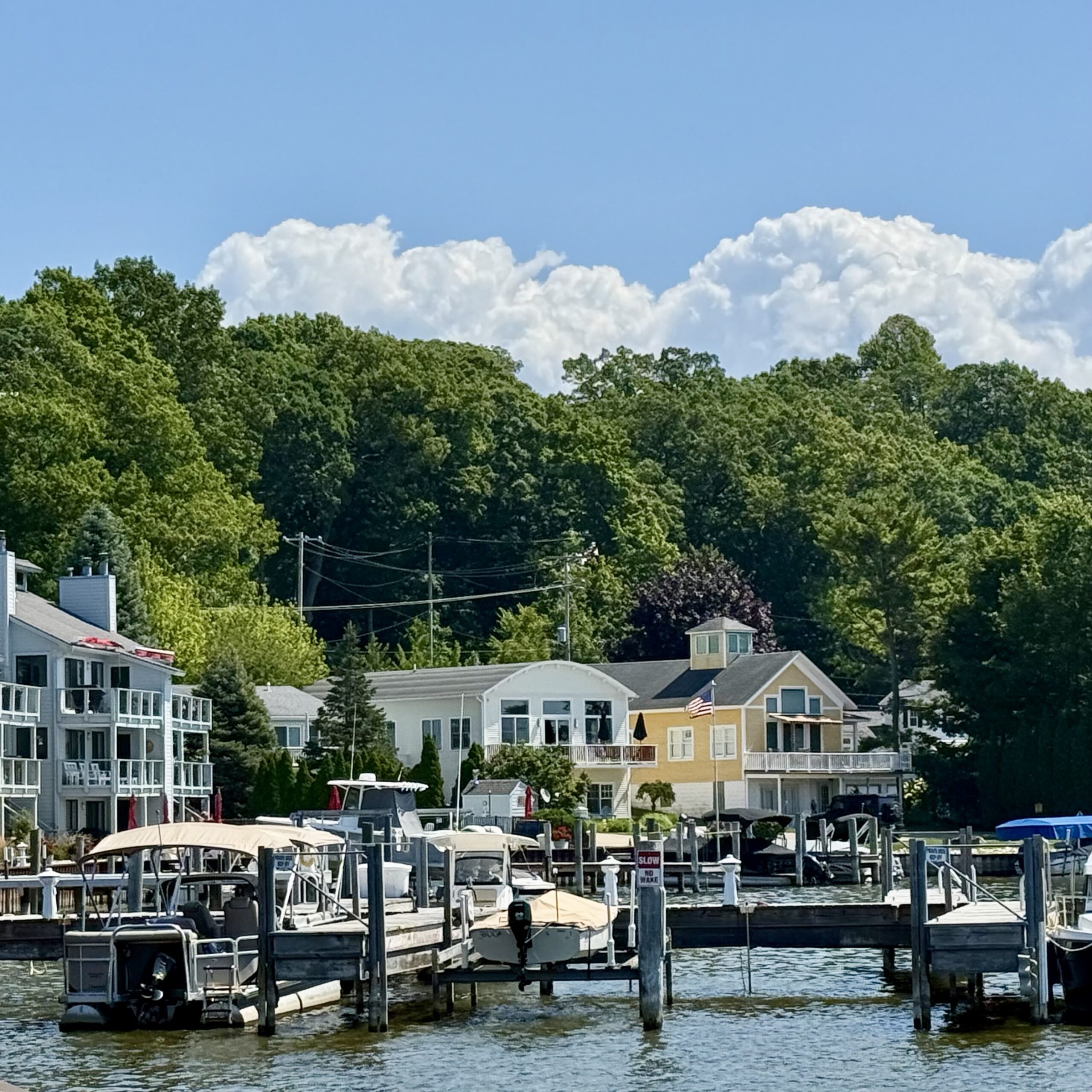
After a storm, there is a period of sifting through the rubble . . . of whatever is left behind. When it’s a major storm or a disaster – say a tornado or hurricane or flood or fire – it’s the stuff of our lives – our homes – that we’re sifting through. It’s intensely personal.
What many of us are going through now, post-election . . . is sifting through rubble of a different kind. It’s the stuff of our minds, our imaginations, our notions of what our world IS and who our neighbors are. It’s also personal, for sure. But, in this case, it’s also collective.
So as I . . . sift . . . I thought I’d share some of the pieces I find.
=====
One of the things that most . . . eats at me (in both the days leading up to the election, and certainly now post-election) . . . is this big question: How can I live in the midst of so many people who see the world – who respond to the world – in a way that is so very different from the way I see the world? What has happened to us? How did we diverge in such extreme ways? And is there any hope of finding some sort of middle ground again?
Yesterday, I read this essay written by one of my favorite authors, George Saunders. It’s from The New Yorker, and is part of a series they’re doing on “reflections” after the election. So far, I haven’t read any of the other “reflections.” Right now, I’m avoiding all post-election expert analysis. I don’t care to read anyone’s opinions on what-went-wrong. I’m not interested in finger-pointing. And I’m really not ready for any “reflections.” But. I was intrigued by this essay from George Saunders, so I decided to just dip my toe in and see what he had to say. (NOTE: Bonny let me know this article is behind a paywall. If you can’t read it, but want to, let me know and I’ll get it to you another way. Sorry for the inconvenience.)
It’s five “thought-experiments,” each with a series of questions to consider or think about or discuss. That’s all. No action steps. No plans. No blame. Just . . . things to think about . . . in a picking-through-the-rubble kind of way.
I found it fascinating, and I thought some of you might be interested, too. Especially if you’re constantly asking yourself (like I am) . . . What is WRONG with people?
And if you’re not ready to dip your toe into the post-election “pool” yet (or ever), that’s okay, too. The essay is here for you to check out (or not check out) whenever you’re ready (or not).
It’s just some of the rubble I’m sifting through.
“Is it possible that, these days, heavily agenda-laced ideas from afar glow within each of us with such power that we mistake them for our own? Possible that the way we receive information, and the form in which it arrives, is causing certain issues to assume an exaggerated importance in our lives, out of proportion to 1) the extent to which these issues actually affect us and 2) what we might be able to do about them? Isn’t this frustrating, because it makes us feel that our influence ought to be vast, but it isn’t? Is it possible that we have come to feel responsible for too much, for everything, even things outside of our control, and that this makes us feel like gods who have been unfairly disempowered? Isn’t it depressing, feeling like a demoted god? Doesn’t it fill us with despair, which might make us less effective if a time comes when we actually can do something, and might also mess with the enjoyment we should be feeling re the rest of our lives?”
— George Saunders, from Five Thought Experiments Concerning the Underlying Disease, The New Yorker, November 7, 2024






Well…as always, Mr. Saunders has provided a veritable feast of food for thought. I especially was struck by this phrasing: arguing percussively.
Now, I am not saying that all this food for thought has answered the burning question… what IS wrong with them… because there is something severely wrong that won’t be easily solved. I read something recently that having hope does not mean everything is wonderful. I found freedom in the realization that hope and despair can be thisclose but that is okay, because even in the depths of despair, hope shines the tiniest bit brighter.
Thank you so much for sharing the article!
The article is behind a paywall so I can’t really comment without reading or knowing anything, but I will say that the title certainly resonated. The rot has probably always been there but I was oblivious and now it’s been exposed. Ryan has maintained that “People are stupid” for years and we’ve chuckled about it. I always thought that meant people (myself included) had stupid moments or occasionally did something dumb. But I’ve now been forced to admit that ~50% of people are f***ing stupid and simply don’t care about other human beings. That’s the rubble I’m finding around me. (Seems like I had something to prattle on about even without reading the article!)
Oh, I love George Saunders, too. I can’t read his essay, either, but I’m hearing that quote in my head… in his voice (which I lovelovelove). Hm.
I am filled with despair right now and I don’t know how long that will last… but it won’t be forever. And I think that actually DOING SOMETHING will be the key to escape… being able to live with myself, and enjoying the rest of my life.
I can’t get my mind around the fact that over 50% of the country supports all that he stands for. I look at people I know and wonder how I never saw this side of them? I’m still in a place of despair, but am carefully considering how to move forward.
That was an interesting read (FWIW, I could view it just fine). The whole poisoned well story feels particularly apt. It seems to me like half of the citizens in this country believe that there are massive problems affecting them that just aren’t there, but they seem incapable of believing their own eyes or of weighing the validity of what they’re being told. I don’t think that everyone who voted for that guy is necessarily racist, sexist, etc., and I believe that some of them genuine think they did the right thing for the country by voting for him. What’s missing is genuine care for others, including those who disagree with them, and an unwillingness to challenge any claim or take steps to check the facts.
What a powerful essay. I will be reading over and over. I am entirely without ideas for how to get people away from the poisoned well.
I am still in a place where my despair is outweighing my hope by a huge margin but I appreciate what Kat said about how they can exist at the same time. And, like Sarah, just can’t get over the lack of care for others shone by Trump voters. Just can’t get over it.
I haven’t read it yet but I will. I keep coming back to the lack of empathy that others seem to have and I don’t understand that at all. But maybe it’s because I think I’m too important or have too much influence.
Thanks for the article. It is thought provoking and I need to mull it over for awhile, specifically what application it makes to my life.
Meanwhile, I just learned that the Onion won the auction of Alex Jones’ InfoWars media. Google it, there are some great stories about it out there. Just a little glimmer of hope.
hummmm…. thought provoking! thank you for sharing!
Thank you for this. Very interesting and raises a lot of valuable points. And to Debbie above who said “over 50% of the country supports all that he stands for”, I’d like to say no they don’t. I think a great many of them support some of what he stands for but most of them don’t support all of it. Many people vote for the one of their two choices whom they think will support some things they want supported. Sometimes they have other factors too, like not wanting to vote for a woman (I think this one bit us again this year, alas.).
Sifting through the rubble is a very good description of what is going on right now. I am also avoiding the news analysis because I am not interested in finger-pointing, placing blame etc. Like everything else in the world, this election and voters come from complex and different places and no doubt time will provide other perspectives. I am a New Yorker subscriber so I will look for this article.